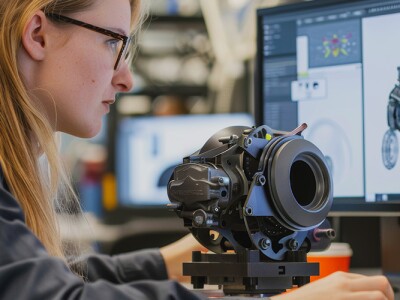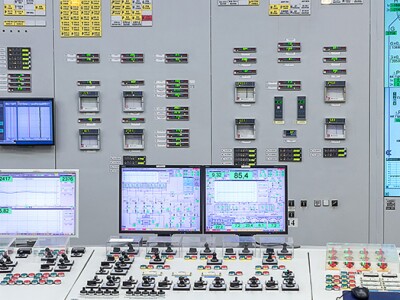Online Engineering Blog
Uncover the diverse job advancement paths in biomedical engineering, highlighting opportunities for career growth, leadership roles, and the future outlook of this dynamic field.
Discover the benefits of a master’s in engineering, including salary potential, ROI, and career advancement in today’s competitive job market.
In light of today’s environmental issues, engineers are creating sustainable technologies and practices that reduce carbon emissions, conserve natural resources and promote renewable energy options. This article will explore how sustainable engineering is helping to mitigate climate change and promote long-term ecological balance.
Uncover material science breakthroughs and their engineering applications, including advanced materials, nanotechnology and sustainable materials.
Smart grid technology is revolutionizing the way energy is produced, distributed and consumed, propelling the industry toward a sustainable future. Control systems play an indispensable role in this transformation.
Autonomous systems are transforming the field of control engineering, propelling a shift from manual controls to intelligent and self-sufficient technologies. Encompassing advanced robotics and sophisticated automation, these innovations are redefining efficiency and capability across industries.
Professionals in tissue engineering are at the forefront of scientific advancement, driving progress that could significantly improve health outcomes and redefine medical possibilities.
Professionals in this rapidly evolving subdiscipline of biomedical engineering are finding new ways to deliver less invasive imaging to patients and improving patient health outcomes in the process.
Artificial intelligence (AI) and automation applications are experiencing explosive growth in modern technology across all industries. Advanced systems and control engineering works at the intersection of operational technology and information technology, making it an important feature in many of these new applications.
Innovative engineering practices such as AI, advanced simulations, and smart manufacturing are redefining industries. Learn how engineers are leading this transformation.










